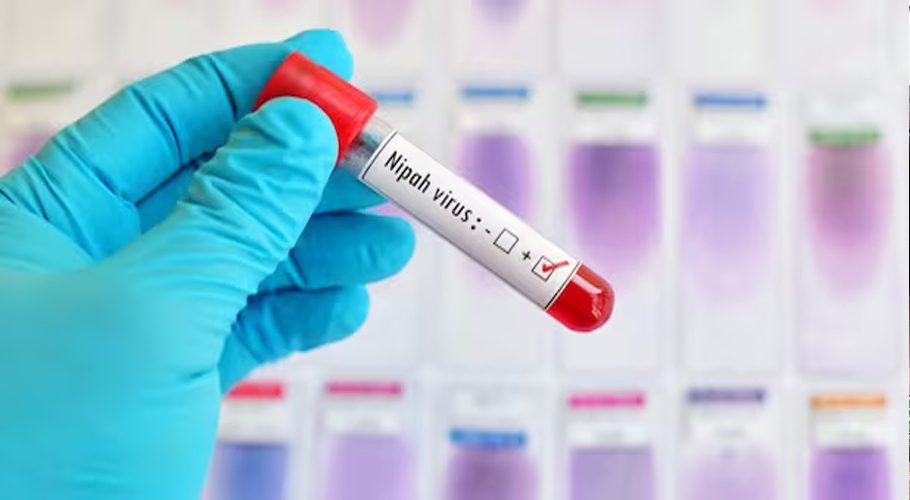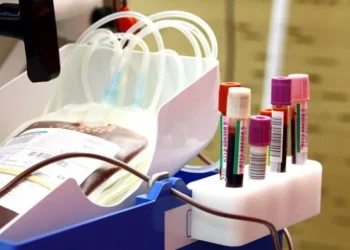The Kerala Health Department in India issued a health alert after the two “unnatural” deaths have been reported in Kozhikode. Although the deaths of the two is said to be due to fever, the health officials are suspecting the possibility of infections caused by deadly Nipah virus to be behind these deaths, according to PTI.
An adult and a child were still infected in hospital, and more than 130 people have been tested for the virus, spread via contact with the bodily fluids of infected bats, pigs or people, a state health official said.
“We are focusing on tracing contacts of infected persons early and isolating anyone with symptoms,” said the state’s Health Minister Veena George, who told reporters the virus detected in Kerala was the Bangladesh variant, which spreads from human to human with a high mortality rate but has a history of being less infectious.
“Public movement has been restricted in parts of the state to contain the medical crisis,” she said.
What is Nipah Virus?
According to the World Health Organization (WHO), Nipah Virus is a Zoonotic disease as it is transmitted from animals to humans. However, an infected human can pass on the virus to others. This viral infection majorly affects the animals like bats, pigs, dogs and horses. The name of the virus is also taken from a Malaysian village where the first case of this virus was found.
Also read: India’s Kerala shuts schools, offices to curb deadly Nipah virus
Symptoms
According to WHO, the usual signs of Nipah Virus initially appear as fever but then eventually becomes more critical with time. The symptoms of the virus include headache, breathing difficulties, cough and sore throat, diarrhoea, vomiting, muscle pain and severe weakness. Apart from these, in extreme cases, disorientation, seizures and encephalitis may also occur.
Prevention
As of now, there is no such treatment or cure for this deadly infection. Hence, the health experts and doctors suggest the basic precautions that can protect the possible prey to Nipah Virus.
Here are a few preventive measures to keep Nipah virus away:
- Washing hands frequently to avoid infections from germs.
- Avoid any physical contact with the sick animals in the surrounding area.
- Avoid trees or bushes around, which are usually the natural habitats of the bats.
- Avoid consuming anything that can be contaminated.
- Avoid consuming any fruit that has bat bites.
- Prevent yourself from coming in contact with saliva, blood or any other bodily fluid of an infected person.



































